It’s truly amazing that the capitalists see the end of the world — human species, I suppose — way before they can imagine the end of capitalism. You know, that perfect system of slavery then, slavery now, and even more draconian slavery for the future. That sort is not based on whips, 15 hours a day toiling, not run by the masters of the Anglo Saxon variety raping and starving. The new-new slavery is capitalism on a digital bender. Food, water, activities, housing (not a house, but housing in the very generic term such as tents or mini-sheds), where one can live, jobs, the like. All will be dictated, and you and I will own nothing!
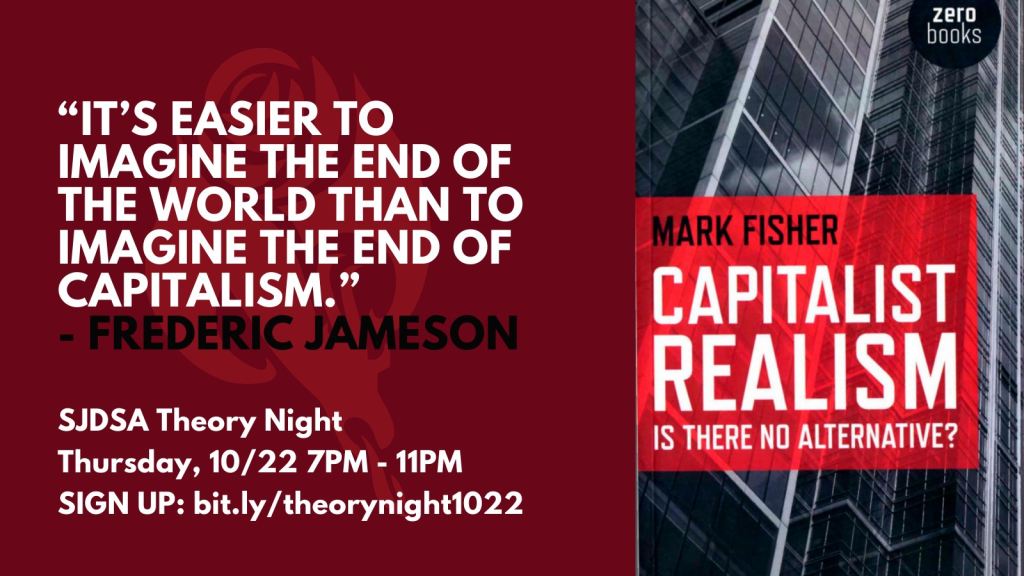
If the mRNA vax dance has its way, more and more dead bodies, warped minds, sterilized wombs, dropping sperm counts, and zygotes from hell might end humanity, and, well, capitalism will live on in the metaverse, in the global computer. That old eugenics drama — corona bioweapons — but masked up with the Fauci’s and the Gates and those presidents and dictators following the jab jab lies will do it by death through 2 billion jabs.
It’s amazing the lies fed us, and amazing how incredibly stupid we are as a collective. As if this SARS-CoV2 wasn’t/isn’t a fix, isn’t a messed with and serialized and gain of function facilitated “virus.” As if all those true ways to stop viral loads building up in the mucous cavities, in the lungs, in the cells are suddenly treated like snake oil. Imagine that, all the naturopathy and preventative potients, all thrown out the window. How can you get your pudding if you don’t eat your media meat (propaganda)?
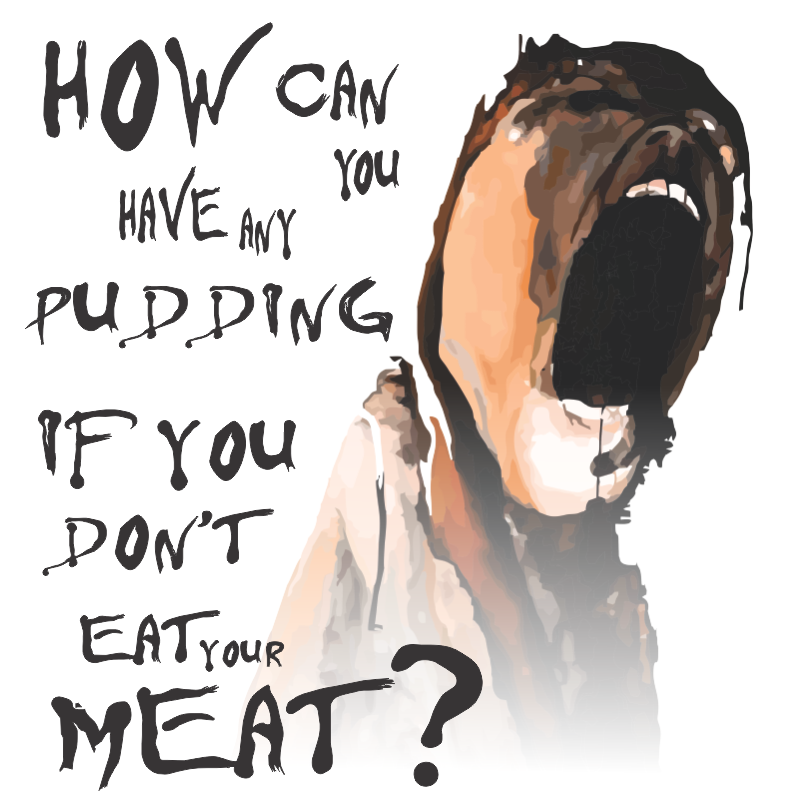
Daily, it is me meeting people who have zero idea about world history or about the USA, and I am not just talking about Ukraine and that part of the neighborhood. We are talking about our own neck of the woods, lands stolen by the white man, man. So much mind bleaching occurs in k12. And in higher education!

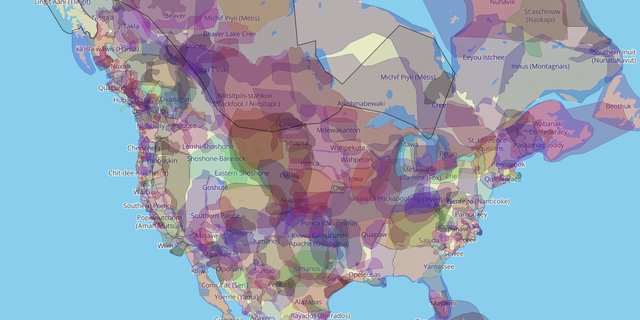
I hear people talking to me about the visitors here, the vacationers, who just have that entitled disease of myopia. “Yeah, I talk to my customers that not all is rosy here on the coast, that there are homeless people big time. They say, ‘What homeless people? I don’t see any.’ They say that while looking out the window at the bay where several men are hanging out smoking and just chilling. Homeless men. These tourists are looking right through them.”
That’s the issue, no, seeing right through or just not noticing what’s around us. Out of sight, well, this time, In Plain Sight, Out of Mind. What did the original people of Mexico see when those ships entered the tidal shore? Nothing? Because ships were not of their culture, their natural order of things.

Then, another friend in Vancouver, WA, with his Handy Man service, and business is booming, as in mold and mildew mitigation and tear outs, he’s struggling to pay the taxman, to get all his bills and receipts in order. He’ll never have good credit score (sic) to buy a home. You know, AmeriKa, giving missiles and bombs and guns to Ukraine with, well, you get it, no real accounting, receipts, etc. All those things on the dark web, black market, gone. So, my friend will have taxes to pay, and fines, double taxes, penalties, late fees to pay, and weathering admonishments, threats. He finds it difficult to get young men and women to sign on for $20 an hour for all the work he undertakes. So he resorts to hiring, well, some of those very same people mentioned above: the homeless.
Many are carless because of the fact they have had their driver’s licenses revoked for unpaid bills — child support, court fines, etc. There are almost 10 million in the USA with driver’s license revocation because of unpaid fines, or unpaid child support. Not because of driving under the influence of whatever.
Debt-related driving restrictions make everyday life impossible. Currently, more than half of U.S. states still suspend, revoke or refuse to renew driver’s licenses for unpaid traffic, toll, misdemeanor and felony fines and fees. The result: millions of people are struggling to survive with debt-related driving restrictions.
License suspensions are the primary way debt-related driving restrictions occur in the United States. However, many states restrict registrations, or other administrative automobile requirements, as a counterproductive means of coercing debt payments for unpaid parking, tolls and other court fines and fees. (Source)
Check out the site,
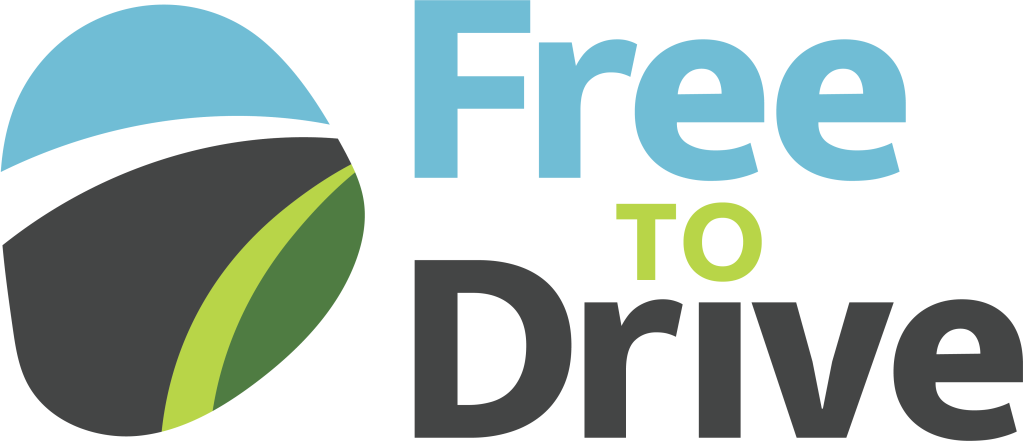
As I repeat incessantly — this is just one of a million things about capitalism that demonstrates the system is not for or about The People, We the People. This is just one of a million absurdities in our system. And there is always a gravy train for endless systems of oppression and bureaucracies and middle men and women. The entire systems of pain and double-pain in the USA is about debt, managing people’s pain, laying on shame and setting forth endless struggle to make it (pay for) in capitalism. So it makes sense in a sadistic way to take away the only viable thing — a car — for these people to get to work to pay these fines or child support.
We know the fines are highway robbery, from the point of origin, to the add-ons and the endless late fees and penalties and handling fees.
Best to listen to Michael Parenti to understand this ugly ugly system, that for many, will never die. Imagine, capitalism will never die! Over the human species dead body.
Here: “If value is to be extracted from the labour of the many, to go into the pockets of the few, this system has to be maintained. The conditions of hegemony must constantly be refortified. And that’s something that no one IBM or General Motors could do for itself… to put it simply the function of the capitalist state is to sustain the capitalist order. And it must consciously be doing that.” Michael John Parenti is a political scientist who was raised by an Italian-American working class family in the East Harlem neighborhood of New York City. He received an M.A. from Brown University and a Ph.D. in political science from Yale University.
Here, just the essence of it all, capitalism:
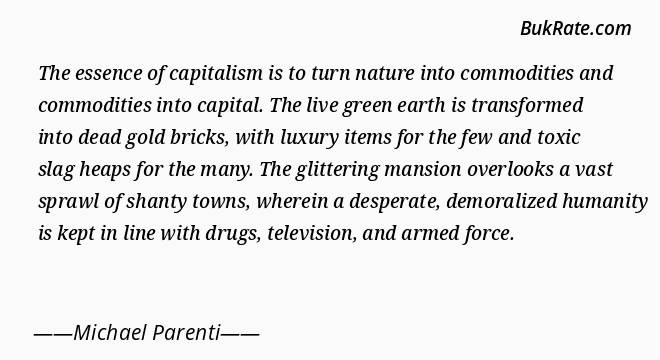
And then, my real profession, in the old days, was journalism. I’ve heard all of my life that journalists are not real, that all of it is yellow journalism, that even the earnest work of a young reporter in a small town is smeared with the Yellow in Yellow Journalism. Bullshit!
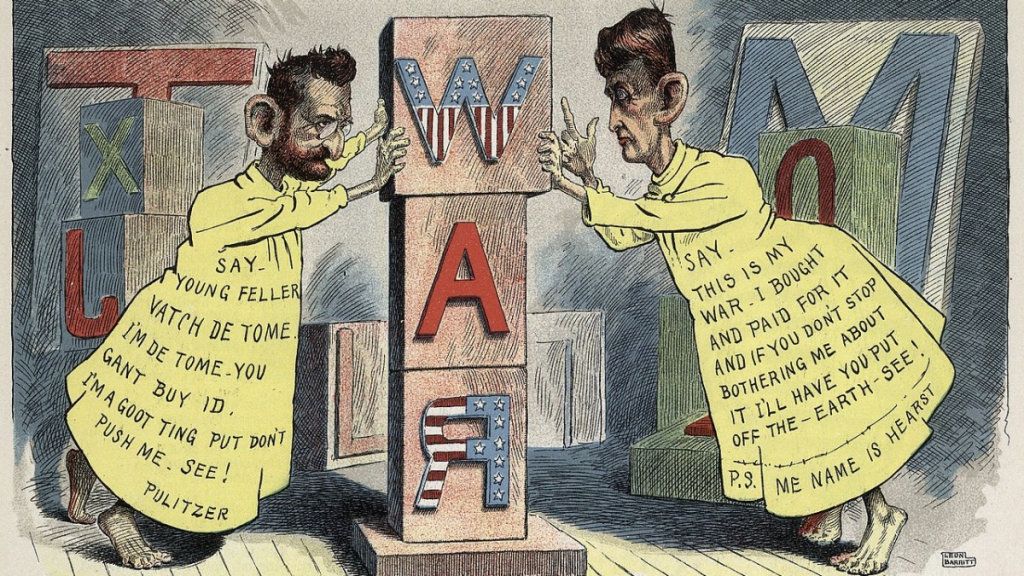
This is, of course, a lie, a broad brush stroke lie. Not that journalists are somehow immune from the reality of American Exceptionalism and the Lie after Lie of what this country is and was about. Yes, Mom, Flag and Apple Pie.
Yet, that is not so true, that regular ethical journalists want to lie or damage or invent fake news. When I was learning the craft of journalism, we had a code of ethics. We worked hard as college newspaper reporters and editors to get the news of the campus, publicizing some amazing students and programs and departments, and to get the bead on the city, in this case, Tucson. The neighborhood, the people, the police beat, all the unique things that newspapers can do to publicize the goings on. Yes, school boards and city councils and all the college, in this case, University of Arizona, things that make a university like this one a mini-town, we tried to cover fairly.
We were not after smear campaigns. We were not attempting to do hit pieces on people. We had a code of ethics. Really:
Preamble
Members of the Society of Professional Journalists believe that public enlightenment is the forerunner of justice and the foundation of democracy. Ethical journalism strives to ensure the free exchange of information that is accurate, fair and thorough. An ethical journalist acts with integrity.
The Society declares these four principles as the foundation of ethical journalism and encourages their use in its practice by all people in all media.
Seek Truth and
Report It
Ethical journalism should be accurate and fair. Journalists should be honest and courageous in gathering, reporting and interpreting information.
Journalists should:
- Take responsibility for the accuracy of their work. Verify information before releasing it. Use original sources whenever possible.
- Remember that neither speed nor format excuses inaccuracy.
- Provide context. Take special care not to misrepresent or oversimplify in promoting, previewing or summarizing a story.
- Gather, update and correct information throughout the life of a news story.
- Be cautious when making promises, but keep the promises they make.
- Identify sources clearly. The public is entitled to as much information as possible to judge the reliability and motivations of sources.
- Consider sources’ motives before promising anonymity. Reserve anonymity for sources who may face danger, retribution or other harm, and have information that cannot be obtained elsewhere. Explain why anonymity was granted.
- Diligently seek subjects of news coverage to allow them to respond to criticism or allegations of wrongdoing.
- Avoid undercover or other surreptitious methods of gathering information unless traditional, open methods will not yield information vital to the public.
- Be vigilant and courageous about holding those with power accountable. Give voice to the voiceless.
- Support the open and civil exchange of views, even views they find repugnant.
- Recognize a special obligation to serve as watchdogs over public affairs and government. Seek to ensure that the public’s business is conducted in the open, and that public records are open to all.
- Provide access to source material when it is relevant and appropriate.
- Boldly tell the story of the diversity and magnitude of the human experience. Seek sources whose voices we seldom hear.
- Avoid stereotyping. Journalists should examine the ways their values and experiences may shape their reporting.
- Label advocacy and commentary.
- Never deliberately distort facts or context, including visual information. Clearly label illustrations and re-enactments.
- Never plagiarize. Always attribute.
Minimize Harm
Ethical journalism treats sources, subjects, colleagues and members of the public as human beings deserving of respect.
Journalists should:
- Balance the public’s need for information against potential harm or discomfort. Pursuit of the news is not a license for arrogance or undue intrusiveness.
- Show compassion for those who may be affected by news coverage. Use heightened sensitivity when dealing with juveniles, victims of sex crimes, and sources or subjects who are inexperienced or unable to give consent. Consider cultural differences in approach and treatment.
- Recognize that legal access to information differs from an ethical justification to publish or broadcast.
- Realize that private people have a greater right to control information about themselves than public figures and others who seek power, influence or attention. Weigh the consequences of publishing or broadcasting personal information.
- Avoid pandering to lurid curiosity, even if others do.
- Balance a suspect’s right to a fair trial with the public’s right to know. Consider the implications of identifying criminal suspects before they face legal charges.
- Consider the long-term implications of the extended reach and permanence of publication. Provide updated and more complete information as appropriate.
Act Independently
The highest and primary obligation of ethical journalism is to serve the public.
Journalists should:
- Avoid conflicts of interest, real or perceived. Disclose unavoidable conflicts.
- Refuse gifts, favors, fees, free travel and special treatment, and avoid political and other outside activities that may compromise integrity or impartiality, or may damage credibility.
- Be wary of sources offering information for favors or money; do not pay for access to news. Identify content provided by outside sources, whether paid or not.
- Deny favored treatment to advertisers, donors or any other special interests, and resist internal and external pressure to influence coverage.
- Distinguish news from advertising and shun hybrids that blur the lines between the two. Prominently label sponsored content.
Be Accountable and Transparent
Ethical journalism means taking responsibility for one’s work and explaining one’s decisions to the public.
Journalists should:
- Explain ethical choices and processes to audiences. Encourage a civil dialogue with the public about journalistic practices, coverage and news content.
- Respond quickly to questions about accuracy, clarity and fairness.
- Acknowledge mistakes and correct them promptly and prominently. Explain corrections and clarifications carefully and clearly.
- Expose unethical conduct in journalism, including within their organizations.
- Abide by the same high standards they expect of others.
“The SPJ Code of Ethics is a statement of abiding principles supported by explanations and position papers that address changing journalistic practices. It is not a set of rules, rather a guide that encourages all who engage in journalism to take responsibility for the information they provide, regardless of medium. The code should be read as a whole; individual principles should not be taken out of context. It is not, nor can it be under the First Amendment, legally enforceable.”
For an expanded explanation, please follow this link.
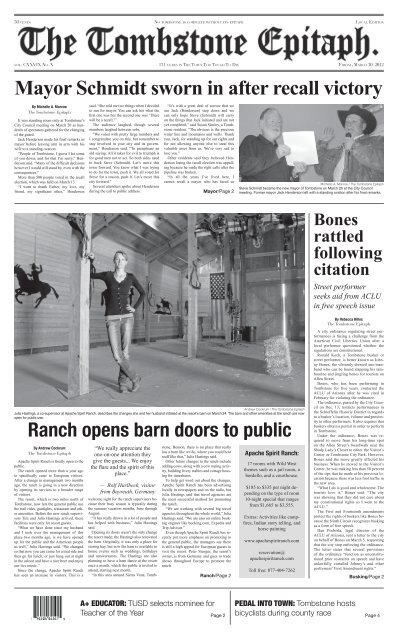
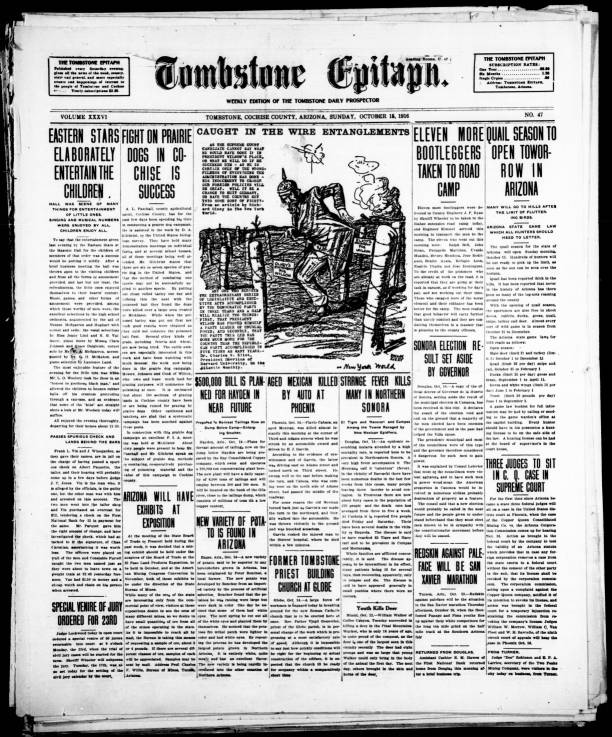
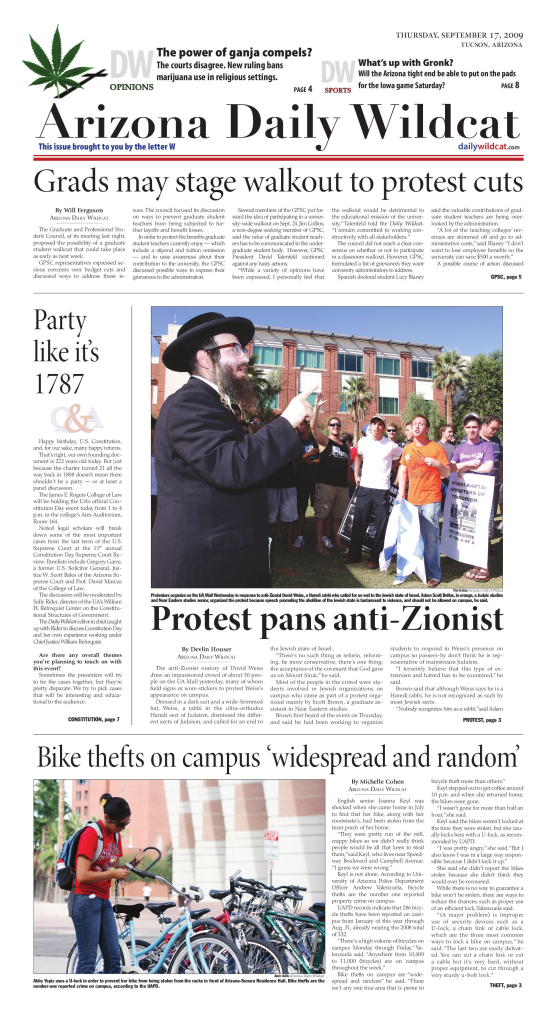
Now, I know of so many other professions with codes of ethics, but so many have few ethics, or the profession is based on unethical foundations. Even as new reporters, we understood power, that is, the powers that are, and that powers that shouldn’t be. The headlines and stories about malfeasance or wrong doing, those could literally kill people. We knew the value of sources, and in our small town journalism work — we worked on a lab paper in Tombstone, Arizona, of all places — we had a duty to the people in that town. Did we want to break stories? Of course. Did we want to uncover wrong doing, or some sensational story? Yep. But our goal was simple news reporting and news writing. We had so many beats, and each beat had it’s own culture — arts, music, sports, entertainment, city, state, police, business, etc. But as students who were paid through student association money and who did not have direct oversight from the journalism department; we took our jobs seriously. We went to conferences, we did internships, we met with all sorts of people to understand the needs and wants of the small town, the big town, etc. We had advertising, and we were a big part of the community’s lifeblood: where communities get their news and information.
We could break a story about the football coach’s unethical practice of pocketing unused travel (airline) vouchers, and we could see how much cost overruns the new engineering building was entailing. Each one of those controversial pieces we spent hours and weeks attempting to get right and not do unnecessary harm. We would report on interesting members of the community, on people who had unusual stories. The newspaper was a source of cultural connection. We strived for accuracy.
We highlighted authors, authors, orators, movers and shakers, community enterprises, members of the community who were unique.
We covered crime and punishment, codes and planning, and took many beads on the life of people, organizations and the community.
Yet, even back in 1977, we knew how some newspapers were bending too close to the leanings and yearnings of big business, or at the owners’s whims. We were concerned about newpapers dying, concerned about editorial decisions that hurt our code of ethics listed above. We believed in newspaper ombudsmen, and we always wanted to learn what other newspapers and what other parts of the country were doing to enhance the community.
Indeed, that was the goal of newspapers, and while everything is bastardized in capitalism and media, and while we knew the CIA infilitrated newspapers decades earlier, and we know that now, newspapers are in most cases, skeletons, and many cities and towns have no newspapers, we still took our roles seriously. We knew that on-line / WWW publications would eat at the soul of newsprint dailies and weeklies. We knew that once lively newspapers or magazines would get bought up by large and mid-sized media groups. Then decimated and sold.
In the end, we still wanted to know. We wanted fairness and accuracy in journalism. We did want to do the stories that few were doing.

Just listen to these three folk. It shows you the robust work of thinkers. In my other professions –education, planning and social work — we do have that level of scrutiny, and self-examination. But here, the journalists look really hard at themselves. I do not find this hard look into my other professions as robust and penetrating.
Virtually nobody trusts what they read any more. The United States ranks dead last among 46 nations surveyed in confidence in the press. Only 29% of Americans say they broadly believe what they read, see or hear in mainstream media. And more than three quarters of the public think that big outlets knowingly publish fake news.
The term “fake news” first came into common usage around the contentious 2016 election, where both the Trump and Clinton campaigns attempted to weaponize the term against their opponents. Clinton claimed that Trump was being buoyed by false information put out by Eastern European bloggers and shared on sites like Facebook, while Trump shot back at her, claiming the likes of Clinton-supporting networks CNN and MSNBC were themselves fake news.
But joining MintPress Senior Staff Writer Alan MacLeod today are two guests who know that fake news and false information have a long history in America. Dr. Nolan Higdon is an author and university lecturer of history and media studies at California State University East Bay. Meanwhile, Mickey Huff is professor of social science, history and journalism at Diablo Valley College in California and the director of the critical media literacy organization Project Censored.
But, now, with the Brave New World of up being down, Nazi being Jewish President, Lies as Truth, I am both disgusted and not surprised at how terrible the propaganda is and how lock step those who follow the lies of society and government have infected so-called traditional journalism. Yes, still, in the local rags, we get news, we get entertainment, but when it comes to the stories of a lifetime — Weapons of No Mass Destruction, World Trade Center 9/11, War for Oil, Cocaine for Contras, all of it — newspapers fail. Local newspapers do not have the guts to question everything.
That failure in journalism is tied to consumerism, capitalism, collective delusion, Stockholm Syndrome Writ Large, Collective Trauma, Agnotology, and the Comic Book Ideology of the common people and the leaders in the USA/UK/Klanda/EU.
The first casualty of capitalism is truth. Capitalism of course relies on deception, thieving, extirpation, extinction, survival of the fittest, divide and conquor, racism, classism, poisoning mind/body/soul/soil. So we lead back to the above, to Michael Parenti. Listen to him.
The young people of the world are not all going to hell in a hand-basket. Really. Amazing journalists blazing trails. This is just one most recent example of attacking truth, the messenger:
“Independent Donetsk-based journalist Alina Lipp of Germany speaks to Max Blumenthal about being prosecuted by the German state for violating new speech codes through her reporting in the breakaway Donetsk Republic. As the only German reporter on the ground in Donetsk, Lipp has exposed Ukrainian forces shelling civilians, attacking a maternity ward, mining harbors, and bombing a granary filled with corn for export. She faces three years in prison if she returns to her home country.”
